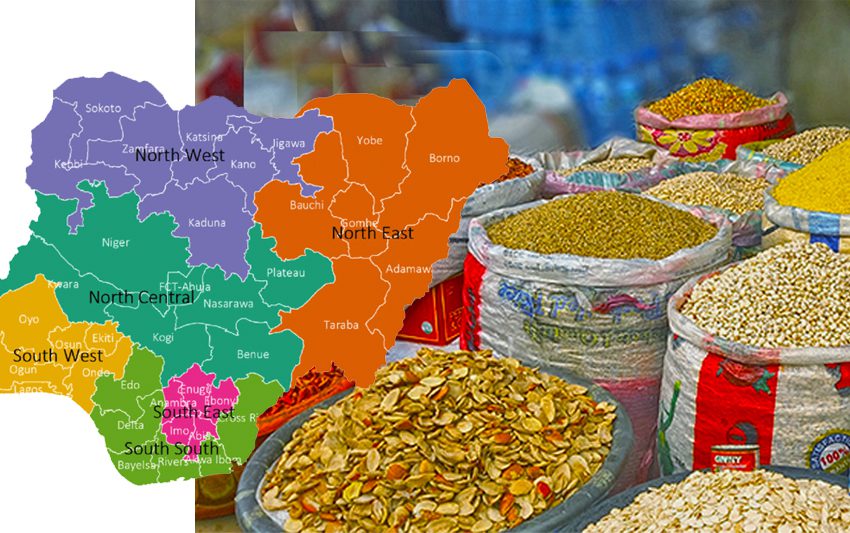


Food insecurity: The limitations of palliatives
The current economic challenges facing Nigeria have exacerbated the cost of living, particularly impacting food prices, which have soared to unprecedented levels. Families across the country are grappling with the harsh reality of having to reduce their daily meals from three square meals to “one over three or two over three,” a dire adaptation to cope with the escalating costs of basic food items. This situation has been further exacerbated by the high cost of fuel, which surged following the removal of oil subsidies announced by President Ahmed Bola Tinubu on May 29, 2023.
Staple foods such as garri, rice, beans, and bread have become increasingly unaffordable for many Nigerians, compounding the hardship brought about by the fuel price hike. The federal government’s response, approving 20 trucks of staple food for each of the 36 states and 774 local government areas, while well-intentioned, raises questions about the adequacy of these measures in addressing the widespread food insecurity. Similar palliative measures during the COVID-19 pandemic often fell short of reaching those most in need, highlighting systemic challenges in distribution and efficacy.
Amidst these challenges, there is cautious optimism following the announcement by the NNPC management of the resumption of operations at the Port Harcourt Refinery in August. This development is viewed as a potential step towards alleviating fuel scarcity and reducing the cost burden on consumers, although questions remain about the sustainability of relying on intermittent relief measures akin to a “refugee model” of food distribution.
While the temporary relief provided by food sharing initiatives is commendable, there is however an urgent need for sustainable solutions to Nigeria’s food security crisis. The concept of distributing grains is a stopgap measure, and its long-term effectiveness remains uncertain without addressing underlying issues such as agricultural productivity, supply chain inefficiencies, and market stability.
Looking forward, there is a critical call for government intervention in establishing mechanised farms and providing support to existing farmers through soft loans or grants. Empowering farmers, especially with access to modern agricultural practices and technology, can significantly boost local food production and reduce reliance on imported goods. This approach not only creates employment opportunities for idle youths but also contributes to long-term economic stability by ensuring food self-sufficiency.
Furthermore, creating a conducive business environment for entrepreneurs in the agriculture sector is paramount. Many potential investors are eager to contribute to food production if provided with a supportive regulatory framework and infrastructure. Government initiatives aimed at promoting local production of food products should be prioritised to reduce dependency on imports and strengthen food security resilience.
As we navigate these challenging times, collaboration between the federal, state, and local governments is crucial. All tiers of government must align efforts to implement sustainable agricultural policies that ensure food availability, affordability, and accessibility for all Nigerians. The time for action is now, with a collective commitment to finding lasting solutions that address the root causes of food insecurity and pave the way for a more prosperous future.
Again, of course, immediate relief measures are necessary, they must be complemented by comprehensive strategies that foster agricultural growth, empower local farmers, and promote economic resilience. Only through concerted efforts and proactive measures can Nigeria overcome its current food crisis and build a resilient and sustainable food system for the benefit of all its citizens.



